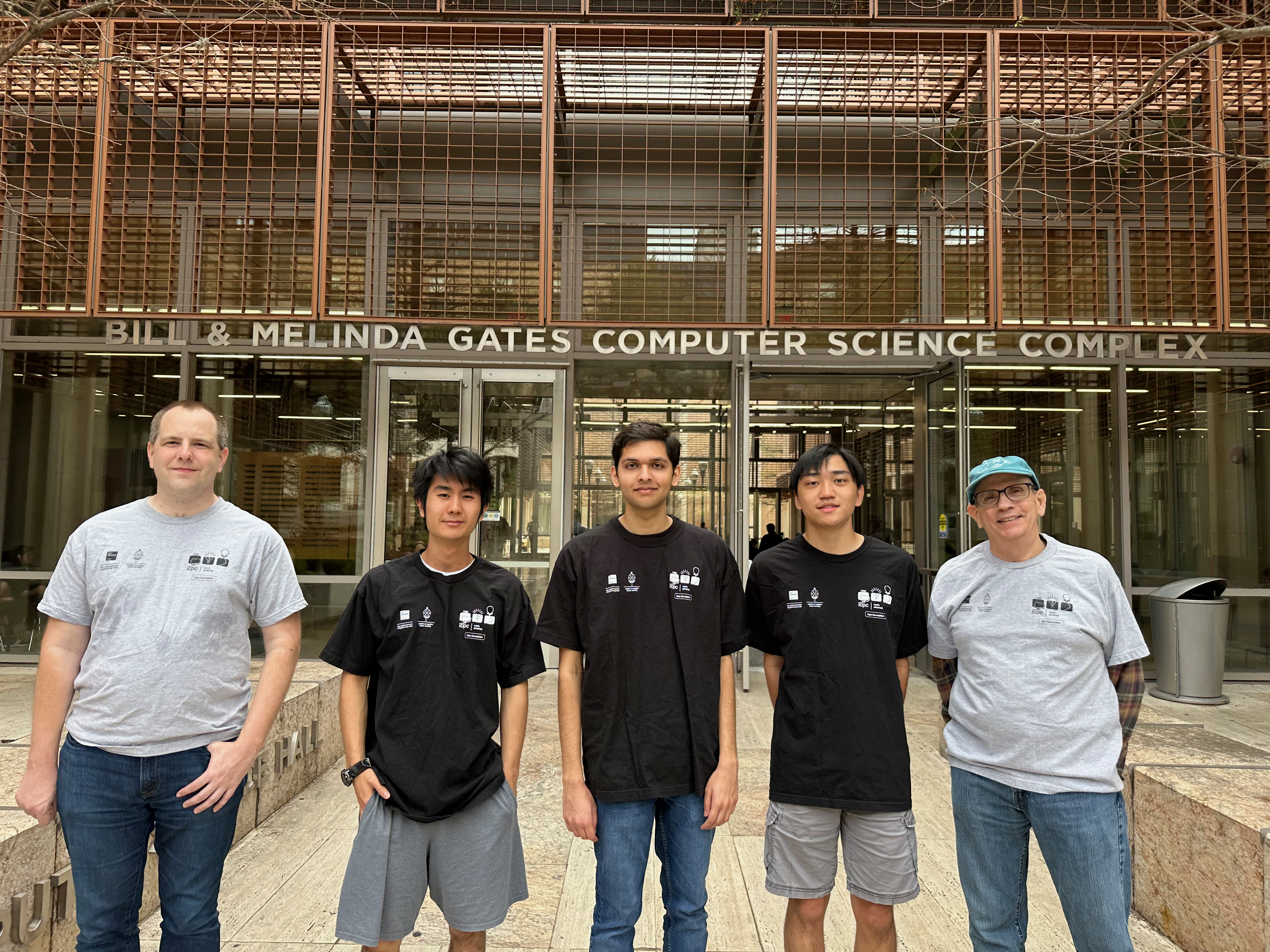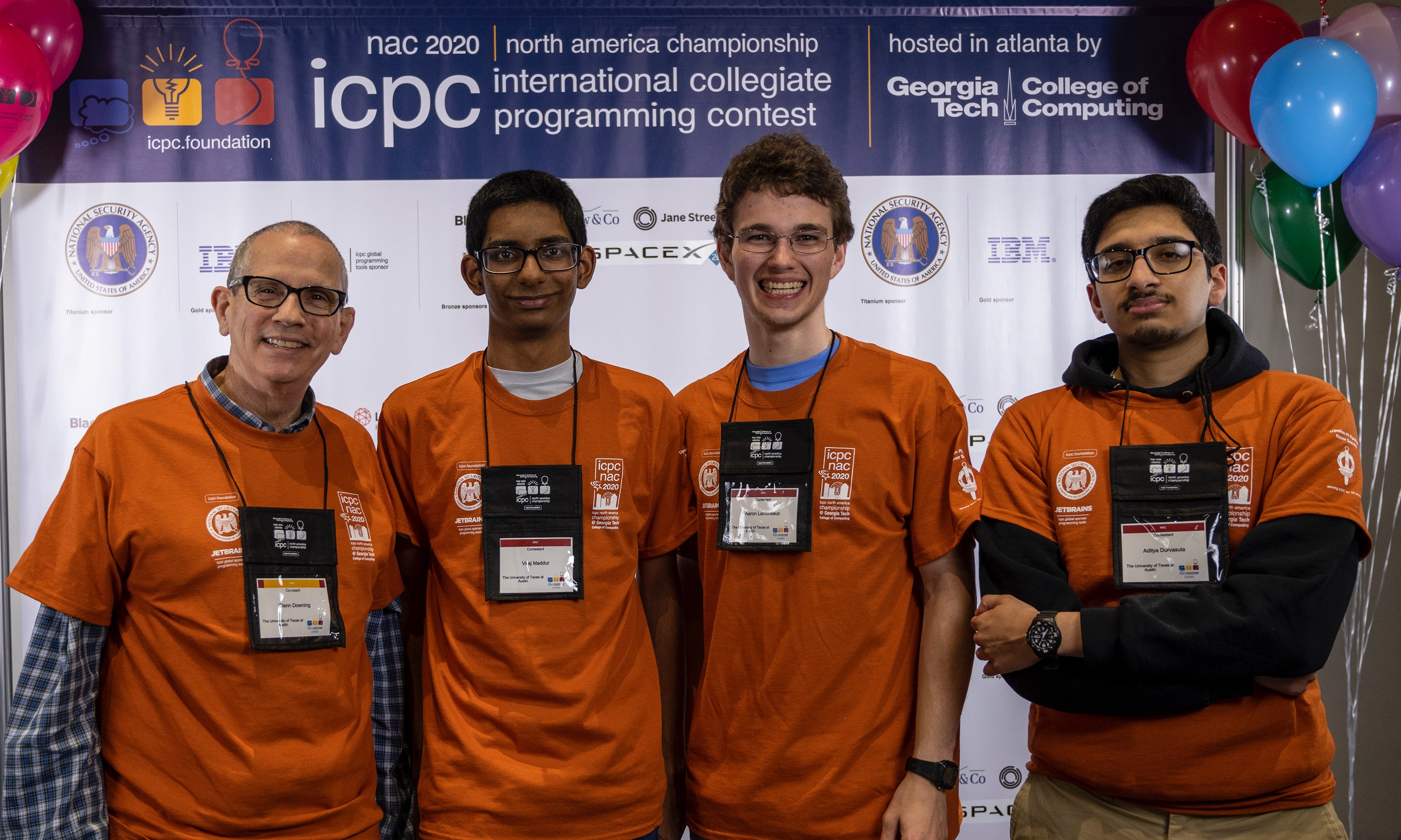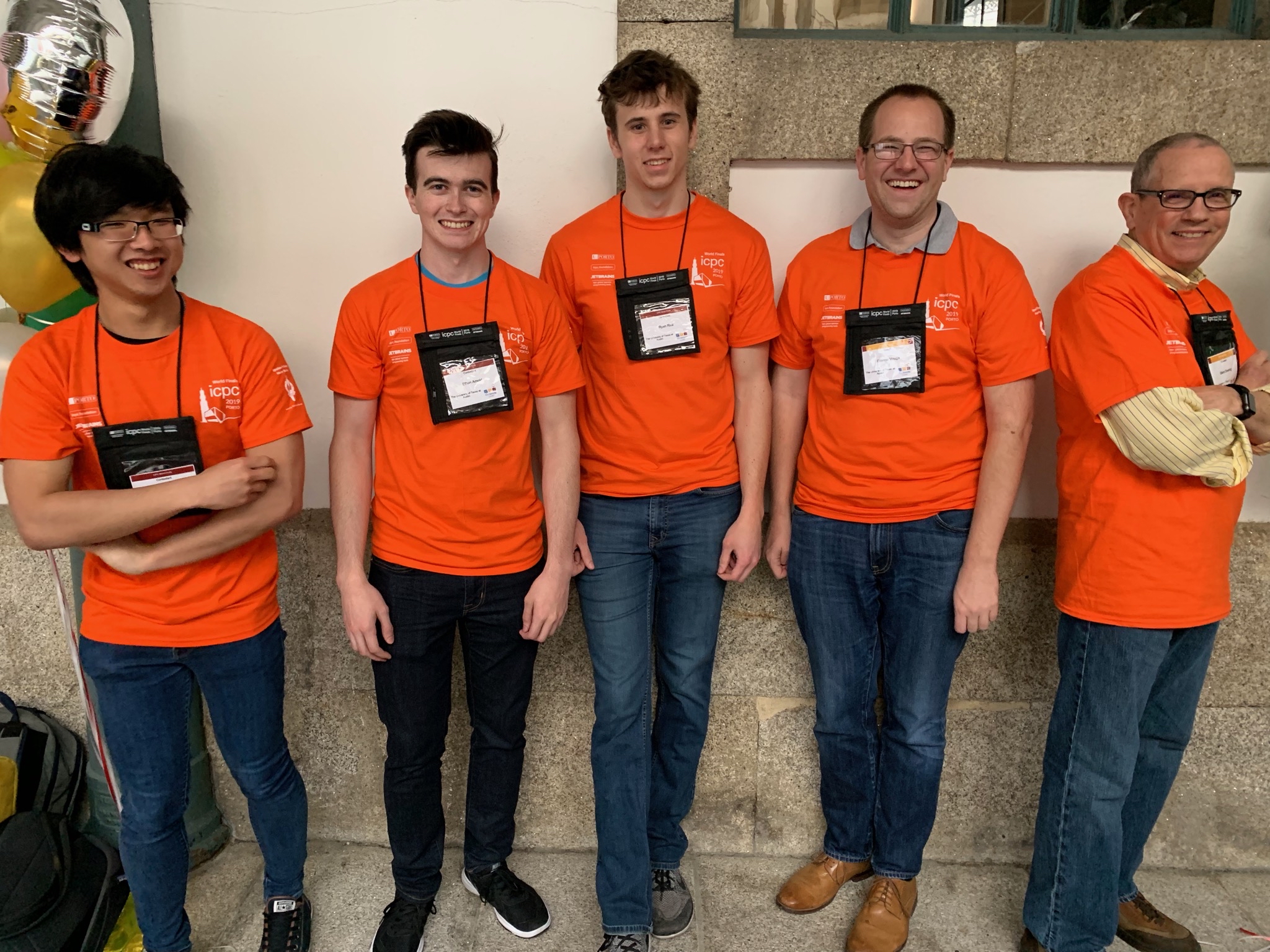
2022-23 ICPC 4th NAC
Specifications Grading
Yes, Virginia, There’s a Better Way to Grade by Linda Nilson.
Here’s her book: Specifications Grading.
Eric Mazur is using it to grade AP50: Project and Team-based Introductory to Physics at Harvard.
Felicia Tabing uses specifications grading at Rose-Hulman Institute of Technology.
Sal Khan of the Khan Academy describes a related idea, mastery learning, here:
2019-20 ICPC 1st NAC
Perusall
In a followup to the last blog entry, through the work of Eric Mazur, I discovered a very interesting tool that he and his team have built: Perusall.
Persuall is a collaborative annotation tool for technical papers. It’s free.
You upload a PDF or a Web page and send the Persuall URL to your students.
Your students then read and electronically markup the article.
Perusall’s AI will then grade the annotations based on amount, distribution, and quality!
Furthermore, it will produce a confusion report, highlighting the three parts of the paper that have led to the most confusion together with the three annotations that convinced the AI of that conclusion.
Two-Stage Exams
If you ask someone else for help on a problem in an exam you are cheating, but if you don’t ask someone for help on a problem in the real world, you are a fool.
— Dan Schwartz Stanford Graduate School of Education
Eric Mazur, a physics professor at Harvard, since ’90, is credited with popularizing the flipped classroom with the publication of his book Peer Instruction in ’97.
Carl Wieman, Nobel Laureate in physics in ’01, furthered Mazur’s work with the creation of the Carl Wieman Science Education Initiative (CSWEI) at the University of British Columbia (UBC) in ’97.
One of the concrete pedagogical tools to come out of that work in ’09 is a relatively simple way to introduce collaborative learning and formative assessment into an exam:
https://www.cs.utexas.edu/users/downing/papers/Two-Stage-Exams-2014.pdf





